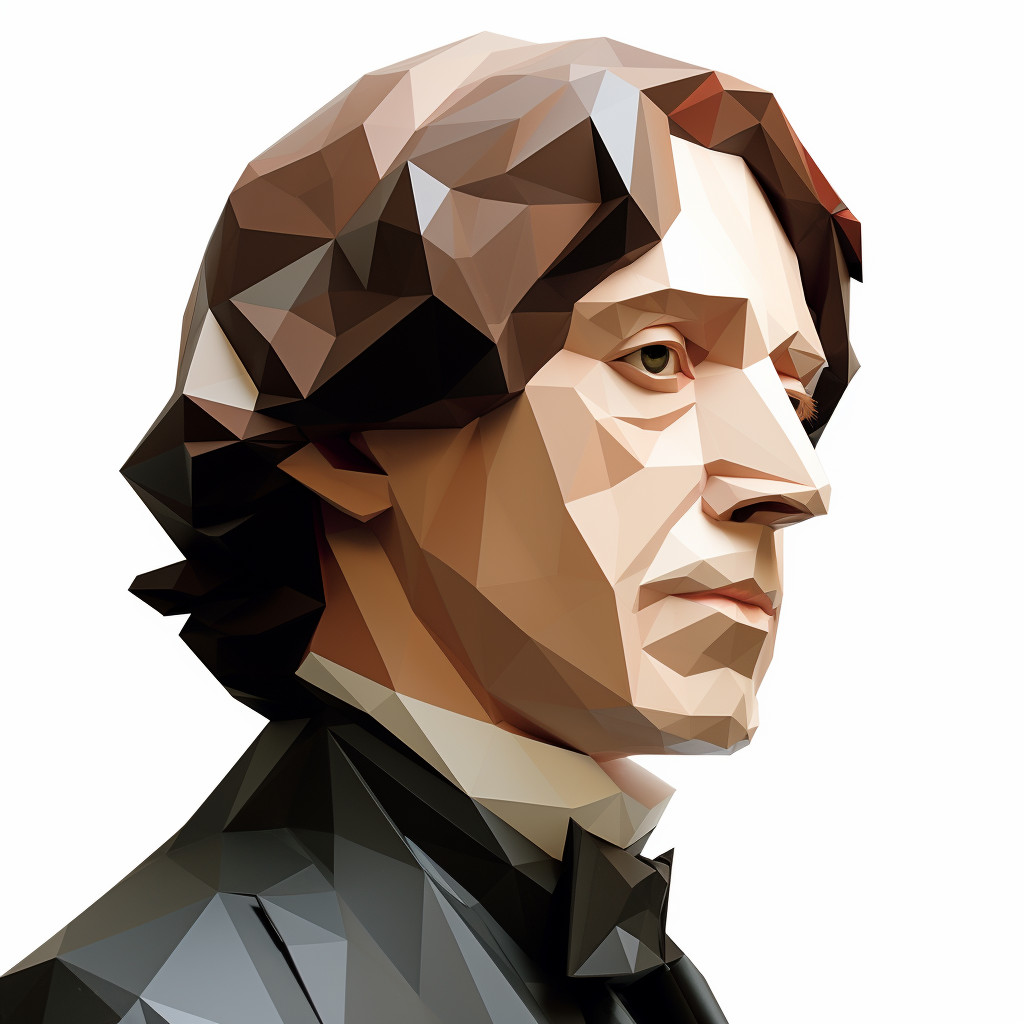This quote suggests that true beauty is an innate, natural quality that exists independently of intellectual expression or understanding. It implies that beauty in its purest form is something that is felt and experienced rather than analyzed or explained. It is a raw, visceral experience that transcends the intellectual boundaries we often set.
The moment we attach an intellectual expression to beauty, we confine it within our own limited understanding and perceptions. We make it subjective and relative, thus diminishing its real essence. In essence, real beauty is beyond words, beyond intellectual comprehension; it is a profound, ineffable experience.
Applying this idea to today’s world, we often find ourselves in a society that is obsessed with defining and quantifying beauty. We have beauty standards, beauty contests, and a multi-billion dollar beauty industry, all trying to define and sell their version of beauty. But according to the idea in this quote, these are all intellectual expressions that limit the true essence of beauty.
In personal development, this quote could be interpreted as a call to appreciate and seek the innate beauty within ourselves and others without the need for intellectual validation. Rather than striving to fit into societal definitions or standards of beauty, we should focus on recognizing and appreciating our unique, natural beauty. This could lead to a more authentic sense of self-worth and a healthier body image.
In essence, the quote encourages us to experience and appreciate beauty as a feeling, an experience, rather than an intellectual concept. It invites us to see beauty not as something to be dissected and understood, but as something to be felt and appreciated in its raw, natural form.







